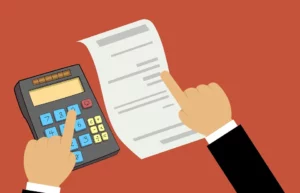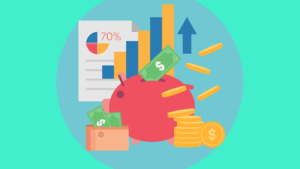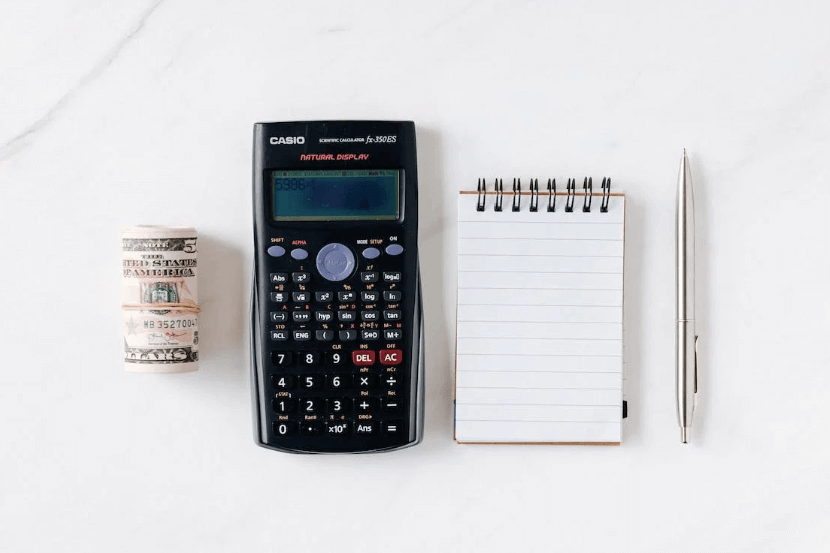American total household debt in Q3 2022 reached $16.51 trillion, which was a rise of 2.2% from the previous quarter. To put that into perspective, the national debt of the US government sits at $31.46 trillion, meaning that household debt is over 50% of the total national debt.
This causes no shock, when you look at the average mortgage payment across America being roughly $3,048 on a 30-year mortgage. Because of this, many US households will have to learn how to manage their money more effectively.
There are many US individuals who are not able to budget with their monthly expenses, which can lead to debt and the possibility of having to take out loans or extend their lines of credit. With this in mind, this article will explore some easy ways to help you manage your monthly income effectively.

What Is A Budget?
A budget is a monthly amount that an individual gives themselves to spend each month for regular bills, such as car payments, mortgage repayments and any other necessities that are required each month. The rest of the money outside of that budget, can then be saved, invested or spent on whatever the individual wants, as they already have put money aside for their monthly budget.
For example, if someone makes $2000 a month, and their monthly outgoings are $1200 a month, they would budget for this amount and the extra $800 can go towards anything they want; some people choose to spend that on clothes or cars, others will invest it in the stock market or property, and some will keep it in their bank account for a rainy day.
What If I Don’t Have A Budget?
If you don’t have a budget and just spend everything that you make each month, that can be an issue in some cases. If you were to get ill, or not be able to work anymore, because you would be relying on that income each month, it would make it hard to repay all your monthly outgoings, which could end up with an individual looking to go down the route of borrowing money such as payday loans. These are a type of short term loan that often come with a higher than average interest rate.
It’s never too late to start budgeting, and there are many easy ways to do so whether it is through a budgeting app, managing your spending and income on a spreadsheet, or by using a financial advisor if funds permit. Financial advisors will help guide you on how best to manage your money and prepare for your future, which is essentially what budgeting enables you to do. For example, if you were to invest $500 into a fund which offered on average an 8% rate of return, over 25 years, you would have invested $150,000, but you would in fact have $475,513, due to the interest that you would have been paid on that money, totalling $325,513.

Budgeting For Your Car Payments
Overspending is a term that is commonly used when an individual spends beyond their means. One item that this normally applies to is car repayments, as you are nowadays able to get a very nice car and pay it off over a set length of time. When purchasing a car, you may not think $500 a month is a lot if you are making $2000 per month, but there is a simple way to work out what you can afford.
Most finance sites advise that you spend no more than 10-15% of your gross income on a car per month, including insurance, fuel, and all other associated costs. This means, if you make $48,000 per year, this is $4000 a month, which means the entire cost of your car per month should not exceed more than $400 – $600. If you are looking to finance a car, having a good credit score can have an impact on the finance rates you may be able to get. If you want to know how to improve your credit score, there are plenty of ways to do this.
What Are Some Easy Tips I Can Implement To Budget Better?
If you are looking to make better choices on a daily basis when it comes to managing your money, why not try a few of the following:
- Lower the number of times you eat out (one meal out can cost as much as 2 or 3 days of food that you can make at home)
- Buy household items in bulk (toilet paper, kitchen roll, washing detergents). The more you buy upfront, the cheaper the cost normally is.
- Keep the lights on only when it is necessary, (with rising costs in energy prices, leaving a light on for an hour longer than it needs to be can really damage your monthly income) .
- Make sure you are on top of all your subscriptions, (42% of consumers forget that they are paying for a subscription they no longer use) .


